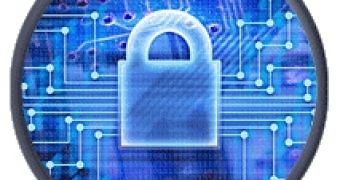Researchers who tested secure erasure methods on solid-state drives (SSDs) have determined that data stored on such devices in much harder to completely remove than on traditional hard disks.
Solid-state drives are data storage devices that use microchips for retaining information and have many advantages over HDDs.
For one, they have no moving parts, which makes them more resilient to shocks. They are also lighter, smaller, much faster and make no noise.
There is one major disadvantage though, the cost per GB is much higher than for hard drives, which makes them impractical for large storage needs.
But, because the technology is constantly improved and manufacturers are producing SSDs with increasingly larger storage capacity, people and companies are beginning to use them.
However, according to a study [pdf] recently published by researchers from the University of California at San Diego, users might encounter problems when trying to delete data stored on them.
Their tests revealed that not all SSD models have implemented the ATA and SCSI command set features for secure data erasure and some that did, didn't do it properly.
They also claim that deleting a single file securely on SSDs in nearly impossible and most algorithms in use today for this purpose leave behind at least 4% of the original data.
One option to successfully destroy information stored on SSDs is to overwrite the entire disk multiple times, however, this is a very time consuming operation.
Researchers found that the most practical way of discarding data in a secure manner is to enable full-disk encryption for the SSD from the beginning and then delete the encryption keys from the Key Storage Area with a DoD-compliant algorithm when the drive needs to be decommissioned.
Users and companies should always make sure that sensitive data is rendered unrecoverable before discarding or selling their storage devices.

 14 DAY TRIAL //
14 DAY TRIAL //